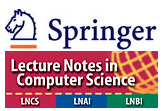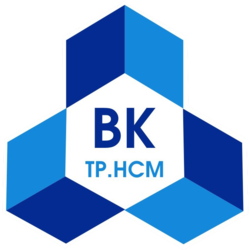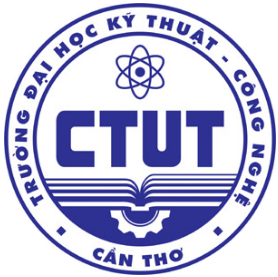Keynote speakers
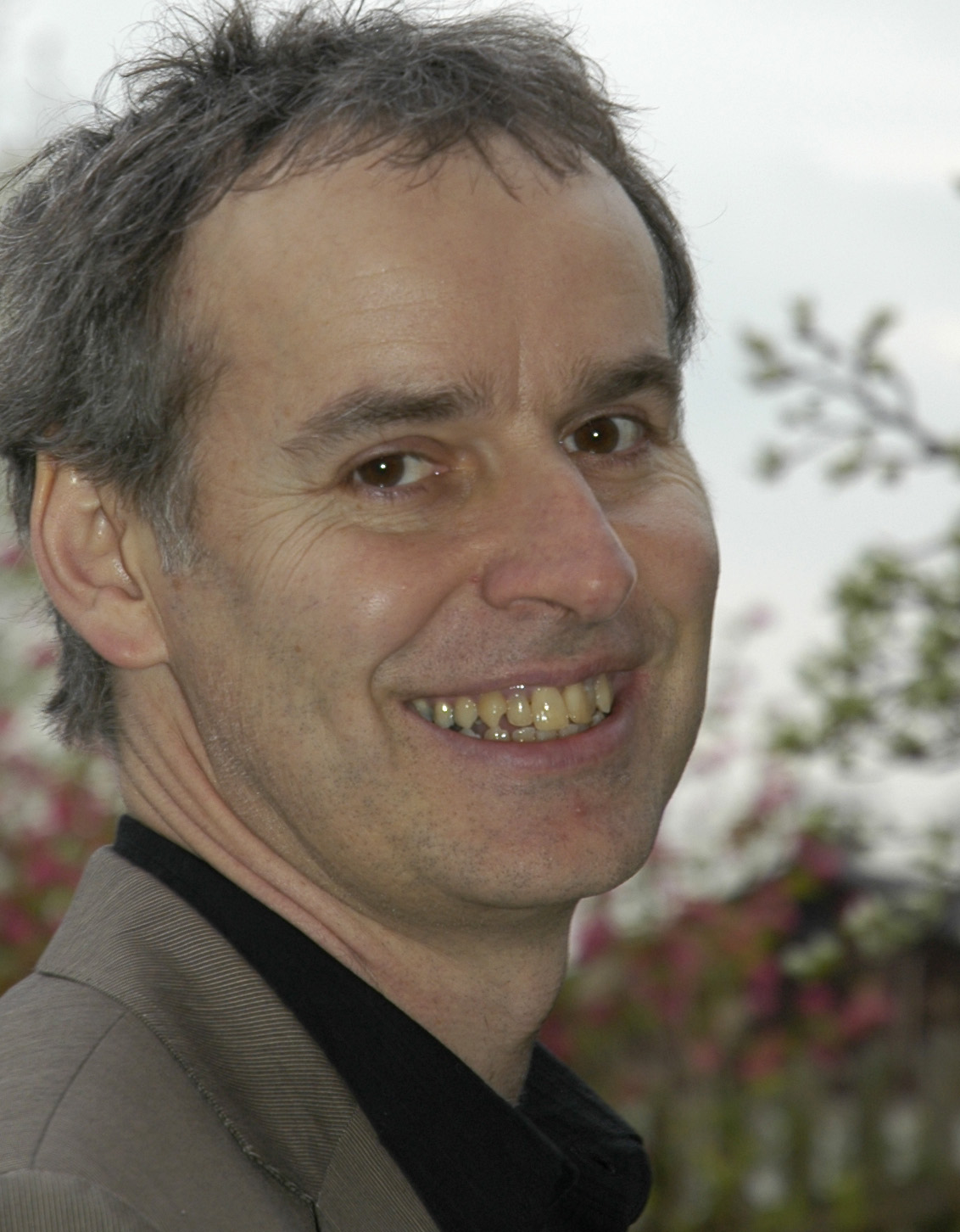
|
Speaker: Professor Kueng Josef Topic: Knowledge Processing and Security Aspects for the Agricultural Domain. Abstract: In modern agriculture we find information technology in nearby all details. There is the machinery with its sensors, control and support systems, there are the farm management information systems helping at a lot of tasks, there is weather and further environment data available, there are legal regulations that mostly can be found also somewhere in the web and, there is knowledge, actually partly in the farmer’s brain but also in form of books and articles available in machine readable format. As a consequence, the challenge is to develop software systems that integrate all of that in an optimal way, without overloading the users but, to support them accordingly ending up with a better handling of nature and still increasing economic aspects of agriculture. And, there is a second challenge: Farmers typically are very sensible when giving their experience and knowledge to others without control. Integrated IT systems have to guarantee that there is nothing leaving the confidential space. In a first part a rough overview of available data and knowledge in agriculture will be given to demonstrate the wide field of data and knowledge types and structures in agriculture. Partly accepted standards, spatial information sources, weather forecast systems, farm information systems, particular collections of domain specific documents and selected current research projects will be introduced. A software framework supporting a micro service architecture will be content of the second part. Here the authors followed the idea that a future integrated farm information system will consist of a big number of services out of which the user can pick a subset that he or she wants to use and pay for, like in domain oriented app stores we nowadays see for example in cars. The proposed framework is designed with a focus on knowledge processing in agriculture, is open for new algorithms and knowledge and, of course, supports the cloud in all of its aspects. Together with this knowledge processing framework authentication and authorization have to be attended very carefully. Consequently the third part addresses this topic. Possible solution models are introduced and one implementation of the OAUTH 2.0 protocol for this particular scenario of a future farm information system will be presented. Farmers, farmer organizations, nations and other groups can define access rights in a very flexible way. The software implements the compliance by applying newest technology in this highly distributed system.
|
|
|
|
||
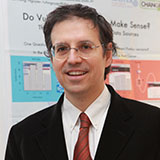
|
Speaker: Professor Fabio Massacci Topic: Security and Privacy engineering (to be updated).
|
|
|
|
||
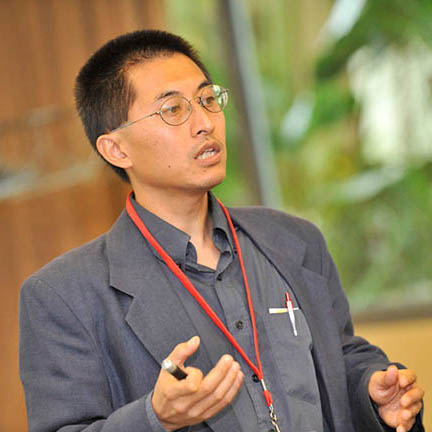
|
Speaker: Professor Cong Duc Pham Topic: Internet-of-Thing and reasons why it is becoming a reality. Abstract: It is widely accepted that the Era of IoT can potentially connect billions of sensors, devices, equipment, systems, etc. In turn, the challenge is about driving business outcomes, consumer benefits, and the creation of new value. While benefits of IoT are clearly stated for increased process efficiency through automation & optimization, the deployment of such devices in a large scale is still held back by technical challenges. However, there are a number of small revolutions that are rapidly turning IoT into reality. In this presentation we will present how new contributions in the domain of hardware, communication, data storage and data-processing definitely make the IoT paradigm to happen with an unpreceding level of flexibility and cost effective implementations.
|
|
|
|
||
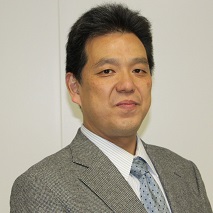
|
Speaker: Professor Kazuhiko Hamamoto Topic: Study on the difference of ecological cognition between the real environment and the virtual environment and its compensation. Abstract: Recently, virtual reality is becoming more popular than before. If the complete virtual reality could be realized, the virtual environment is the quite same as the real environment and people cannot distinguish them and can recognize the virtual environment as the real environment. Unfortunately, however, the current technique to realize virtual environment is not perfect one, so the virtual environment is different from the real environment. The difference brings some senses of incompatibility and might cause some symptoms. The purpose of this study is to realize the perfect virtual environment from the current "incomplete" virtual reality technique. In this research, one of basic investigation about user's behavior in an environment is achieved, which is called "reaching". First, the critical distance for grabbing is measured and compared between the virtual space and real space. And the behavior (trajectory of a hand and time) when a user try to grab an object is measured in the virtual space and the real space. Secondly, a parallax is adjusted for the difference of the critical distance for grabbing to be zero. After that, the behaviors are measured and compared. In this talk, two virtual environments which are generated by the HMD "HMZ-T2 (Sony)" and "Oculus Rift DK2" are investigated and compared.
|
|
|
|
||
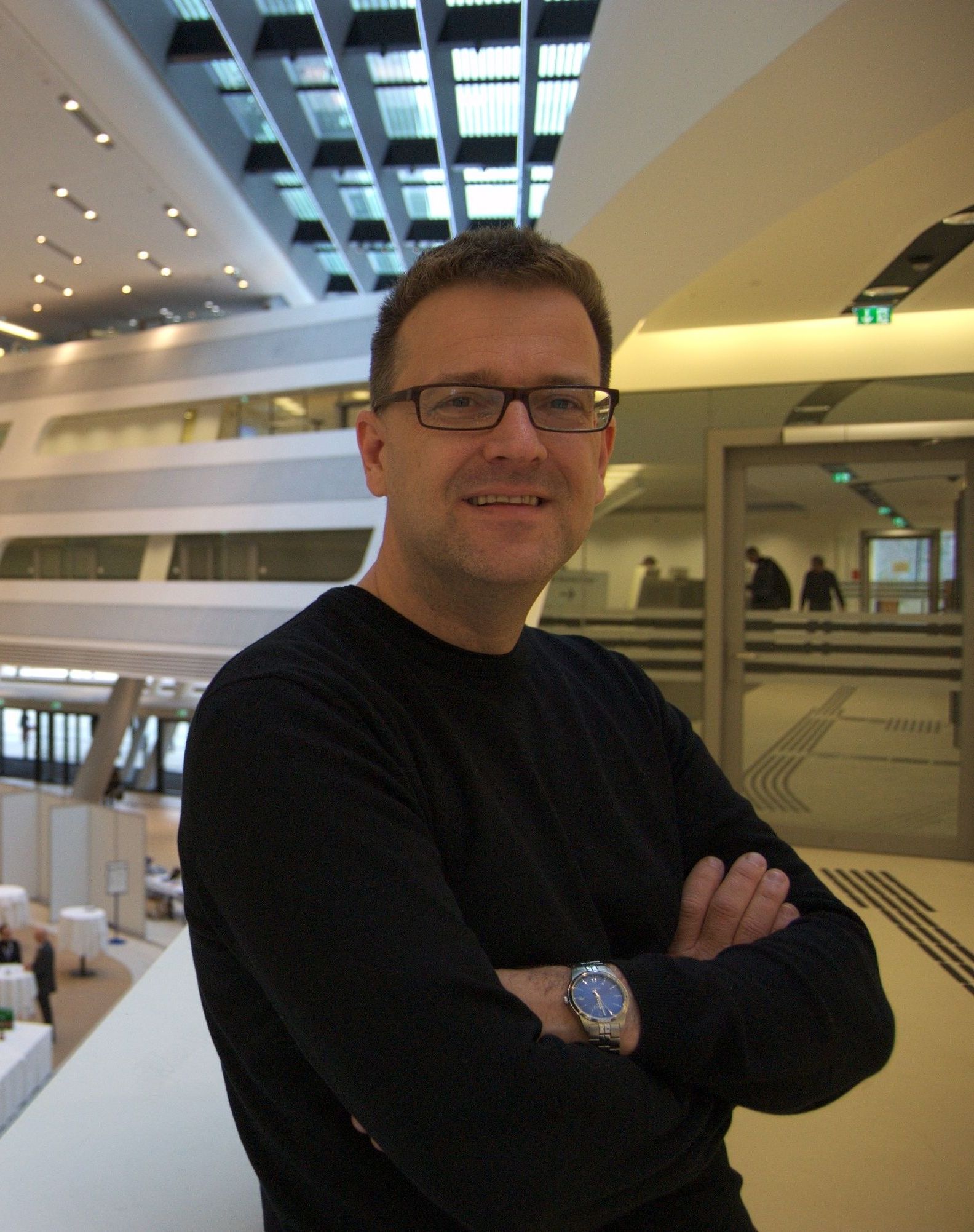
|
Speaker: Professor Dirk Draheim Topic: The Present and Future of Large-Scale Systems Modeling and Engineering. Abstract: Today’s society and organizations rely on large-scale and ultra-large scale systems. Large-scale systems drive social and organizational change. We find them as the backbone of what we call the digital society, the digital economy, the fourth industrial revolution and so forth. Large scale-systems show as systems of systems or IT system landscapes. They show as high-volume data-intensive systems, high-volume workflow-intensive systems, massively resource-intensive systems, highly distributed systems. How to deal with the complexity of large-scale systems? How to approach architecture, design, realization and management of large-scale systems in systematic and rigorous ways? In this talk we aim at giving a foundational overview over modeling and engineering techniques available for large-scale systems. We try to carve out the different objectives, qualities and pragmatics of existing modeling and engineering techniques. From this, we try to understand possible pathways, both short-term and long-term, of large-scale systems modeling and engineering.
|
|
|
|
||
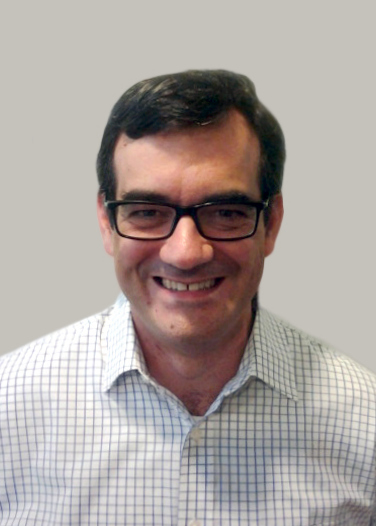
|
Speaker: Associate Professor Manuel Clavel Topic: Modeling Access Control Policies Using SecureUML and OCL. Abstract: Role-Based Access Control (RBAC) is the standard method for specifying which users can access which resources based on their role within an organization. SecureUML extends RBAC with "authorization constraints" to allow the specification of policies that depend on dynamic properties of the system state, and not only on the user's static role. Authorization constraints are formalized in SecureUML using the Object Constraint Language (OCL), which is a textual language for specifying constraints and queries. As part of the UML standard, OCL was intended for specifying properties that could not be expressed using graphical notation. In this tutorial we will first introduce OCL and then SecureUML, using real life examples, from basic to advanced, to illustrate their syntax, semantics, and application for modeling access control policies.
|
|

